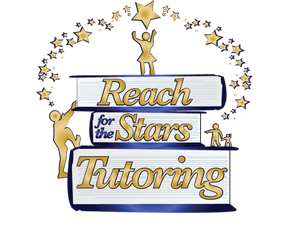Let’s study
Start out and spend most of the time studying the “big ideas” or the concepts and skills that will make up the majority of the test. Your child may need help in prioritizing concepts to study.
Some people remember best by taking notes as they read and study. Your child can highlight and jot down key ideas and concepts and then summarize the important information.Everyone studies and learns differently. Try a variety of techniques and help your child to discover what works for them. Think about the skills or talents in which your child shines. Are they a visual or auditory learner? Do they learn best when it’s hands-on? Are they gifted musically?
Mnemonic strategies are very helpful for many students. Use first letter of each key word to create acronym or sentence. E.g., Please Excuse My Dear Aunt Sally, Dirty Monkeys Smell Bad, ROY G. BIV. Some people have to hear or repeat the information out loud to themselves or someone else. They can try using a tape recorder to record and replay key facts or use you as their “sounding board.”
Many children and adults remember pictures better than words. Try having your child draw pictures and write key words to represent ideas and vocabulary.Others remember information much better when they can use their hands to manipulate ideas. Some subjects like math and science lend themselves better to this strategy. However, you can be creative and find objects to represent ideas in novels and social studies.
There has been research that shows listening to classical or calming instrumental music in the background helps some people to study and absorb information more efficiently.For the child who is gifted musically or is talented in using their body for dance or other sports, encourage them to make up a song, jingle, rhyme, or dance to help them remember ideas.
Have your child complete review sheets, end of chapter reviews or questions, etc. before and after studying. Help your child to assess their work and diagnosis any areas of difficulty. This will help you and your child know where to focus your studying efforts and time.Have blank index cards on hand to create study games. Most children like games. When studying or learning information or facts, create two sets of cards, either identical or have one with questions and the other with answers. You can use cards for studying letters, sight words, vocabulary, math facts, and a variety of other concepts. For example, with sight words make up two identical sets. For vocabulary, make up one set that has the vocabulary words and the other set that has the corresponding definitions. Use these cards to play games like memory matching and Go Fish. For younger children, you can use the cards to play Hide-n-Seek or Bean Bag Toss.
Be sure that your child truly understands the concepts or information rather than just memorizing them. A great way to assess a child’s understanding is to have them play the role of teacher and explain the information to you. This will reveal any areas of confusion and help to solidify skills and understanding.Encourage your child to take short breaks as needed to help keep them fresh and alert.
Know when to stop. Encourage your child to try their best and then to get a good night’s sleep. It won’t help to know all the information if your child is too tired to recall any of it.


Leave a Reply
Want to join the discussion?Feel free to contribute!